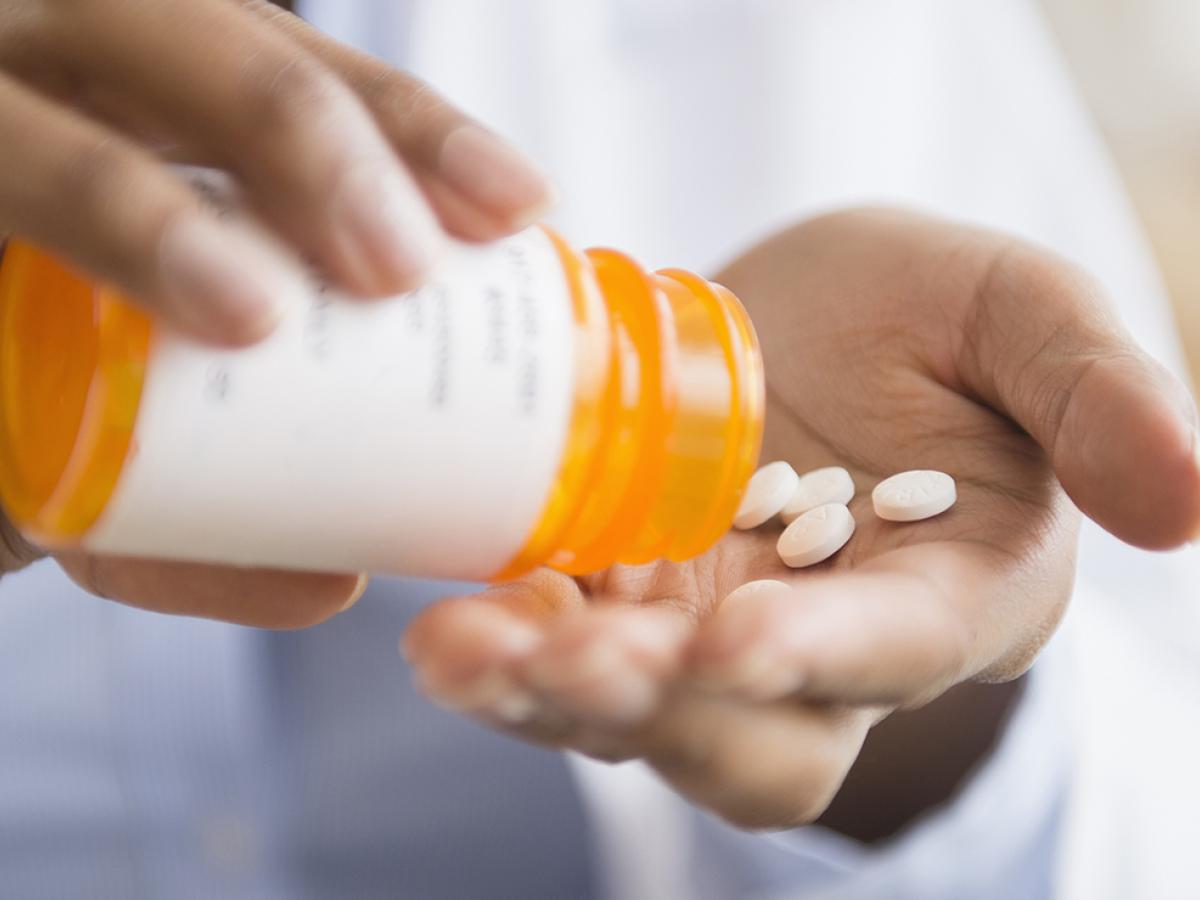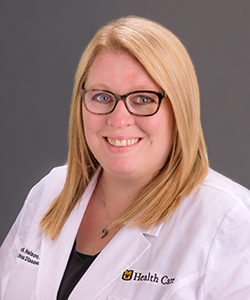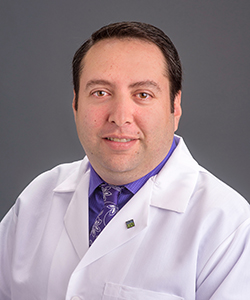July 22, 2022

Antibiotics save lives. Period. When you or a loved one need antibiotics to treat a bacterial infection, it’s important to take them. But if you take antibiotics unnecessarily or need them repeatedly to treat a recurrent infection, you may want to reconsider. Overusing or misusing prescription medication can leave you susceptible to other health issues and make new infections harder to treat.

To help you navigate the world of antibiotics, we turned to MU Health Care infectious disease specialists Dr. Taylor Nelson and Dr. Andres Bran.
Here’s what you need to know:
How Overuse Happens
Prescribing antibiotics can be tricky, and antibiotic overuse is more common than you may think. According to the Centers for Disease Control and Prevention (CDC), at least 30%-50% of antibiotic prescriptions given outside of the hospital are unnecessary. Keep in mind, that number doesn’t account for people reusing previously prescribed antibiotics — often when they aren’t needed.

“For a real infection, there’s no such thing as an incorrect prescription,” Dr. Bran says. “The problem is symptoms that look like a bacterial infection can belong to a viral illness. And antibiotics don’t work for viral illnesses.”
The most common conditions resulting in unnecessary antibiotics are urinary tract infections (UTI) and upper respiratory infections. “More than half of the prescriptions given for UTIs are not needed,” Dr. Bran says. “And antibiotics for sinus infections are very rarely indicated.” Sinus infections are bacterial only 2% of the time. And while most UTIs are bacterial, uncomplicated UTIs often resolve on their own.
Risks of Overusing and Misusing Antibiotics
Overusing or misusing prescription medication can have serious impacts, including:
1. Disruption of the Gut Microbiome
The gut microbiome is an environment filled with bacteria, fungi, viruses and microbes that are important to the body’s daily functions. But antibiotics don’t discriminate. They wipe out all the healthy bacteria along with the bad — and that can throw your gut microbiome out of balance.
“That can cause a variety of health issues from vaginal yeast infections to Clostridium difficile (C.diff), a potentially serious intestinal infection,” Dr. Bran says.
2. Antibiotic Resistance
When antibiotics get used too often, you can develop drug-resistant bacteria and pathogens. The next time you suffer an infection, the antibiotic won’t be effective. Each year, more than 2.8 million antibiotic-resistant infections occur in the U.S.
“When there’s antibiotic overuse, we lose treatment options,” Dr. Nelson says. “And it affects more than just one person. It becomes a real population issue.”
3. Increased Risk for Side Effects Associated With Antibiotics
Every medication has possible side effects. But the more you take antibiotics, the bigger your risk for developing a side effect, such as abdominal pain, nausea or loss of appetite. Taking more than the prescribed dosage also increases your chance for side effects.
“Antibiotics are dosed the way they are for a reason,” Dr. Nelson says. “There can be potentially bad side effects if the doses aren’t taken as prescribed.”
4. Inflated Costs and Use of Health Care Resources
Even if you have good prescription coverage through your insurance plan, antibiotics can get pricey. If your infection is antibiotic resistant, you may require longer, more expensive treatment.
How to Avoid Antibiotic Overuse
Prescription medication is vital to treating infections, but it’s important to be aware of potential antibiotic overuse. “You definitely want to trust your provider, but you also want to advocate for yourself, your child or your elderly parent,” Dr. Nelson says. “It’s never a bad idea to understand more about why your provider is doing something. And it’s absolutely appropriate to ask questions.”
Ask if There are Non-Pharmaceutical Options for Treating the Issue
If there isn’t a bacterial test performed, such as a strep test, or if the lab results aren’t back, don’t be afraid to ask your doctor if antibiotics are necessary. Find out if there are other ways to treat your illness or if it’s OK to wait a few days to see how symptoms progress.
“Your provider will tell you if they strongly recommend immediate antibiotics,” Dr. Nelson says. “That’s where that provider’s education and medical expertise comes in.”
Find the Source of the Issue if Infections Recur
If you repeatedly have infections, whether antibiotics are working or not, it might be time to be proactive. Talk to your doctor about seeing a specialist to identify any underlying issues. You could have an anatomical issue, allergies or something else that antibiotics can’t fix.
“And if you have an infection that should be responding to antibiotics and is not, you have to find the source or underlying reason the treatment is not working,” Dr. Nelson says.
Recognize That Sometimes the Best Treatment is No Treatment
It can be frustrating to feel sick, go to the doctor and find out that there’s nothing to be done. But that’s the way it goes with viruses — they simply need to run their course. In those instances, focus on getting rest and managing the symptoms until the virus passes.
Tips for Using Antibiotics Safely
If your doctor prescribes antibiotics, take these steps to stay safe:
- Ask the pharmacist and provider for any special instructions. Some medications, if taken incorrectly, won’t be as effective. Ask if there is anything you need to know about the prescription. Find out if there are major side effects of the medicine.
- Check drug interactions, especially if you take oral birth control. Not all antibiotics affect oral contraception but there are a handful that do. Ask if you need to use alternate protection while taking the prescription. Your doctor or pharmacist can also check to see if there are other drug interactions you should know about.
- Follow all directions. It’s important to take the right amount of medication when it’s supposed to be taken and in the way your doctor recommends. Check to see if it should be taken with food and how often. If you miss a dose, but not by much, take it when you realize. If you remember when it’s almost time for the next dose, do not double up. Just wait and take the next dose. If you find you’re forgetting often, set an alarm or enlist the help of a family member.
- Don’t reuse prescription medication. If you’re reusing old antibiotics, you’re probably taking them inappropriately. You never want to use medication you don’t need. Even medications that you don’t take by mouth — like drops for eyes and ears — can cause side effects if used too much or inappropriately.
Next Steps and Useful Resources
- Want to discuss with a primary care provider? Find one today.
- Need to dispose of old or unwanted prescriptions? Use a drop-off prescription disposal service like at Mizzou Pharmacy’s Keene Street and University Hospital locations.


